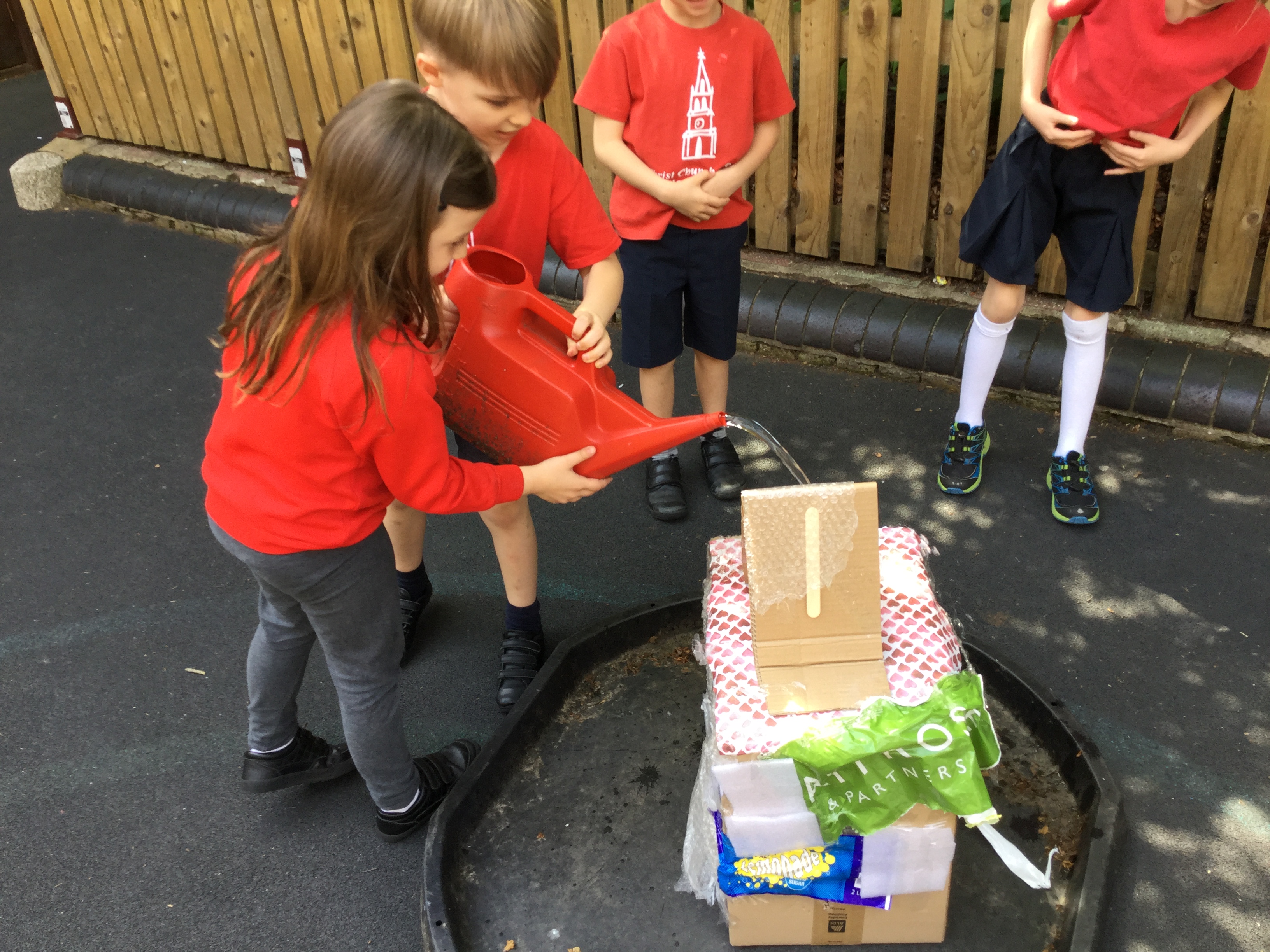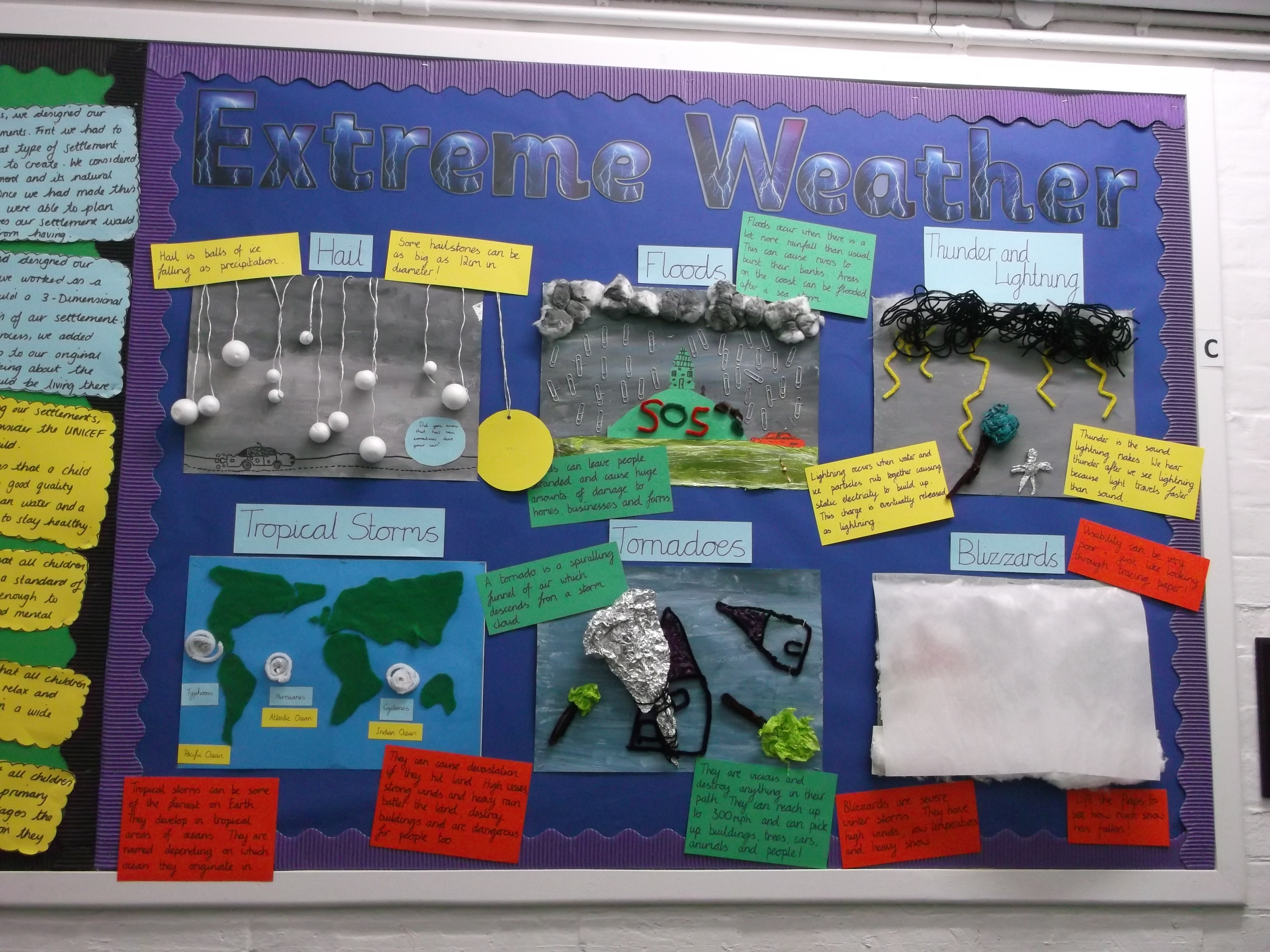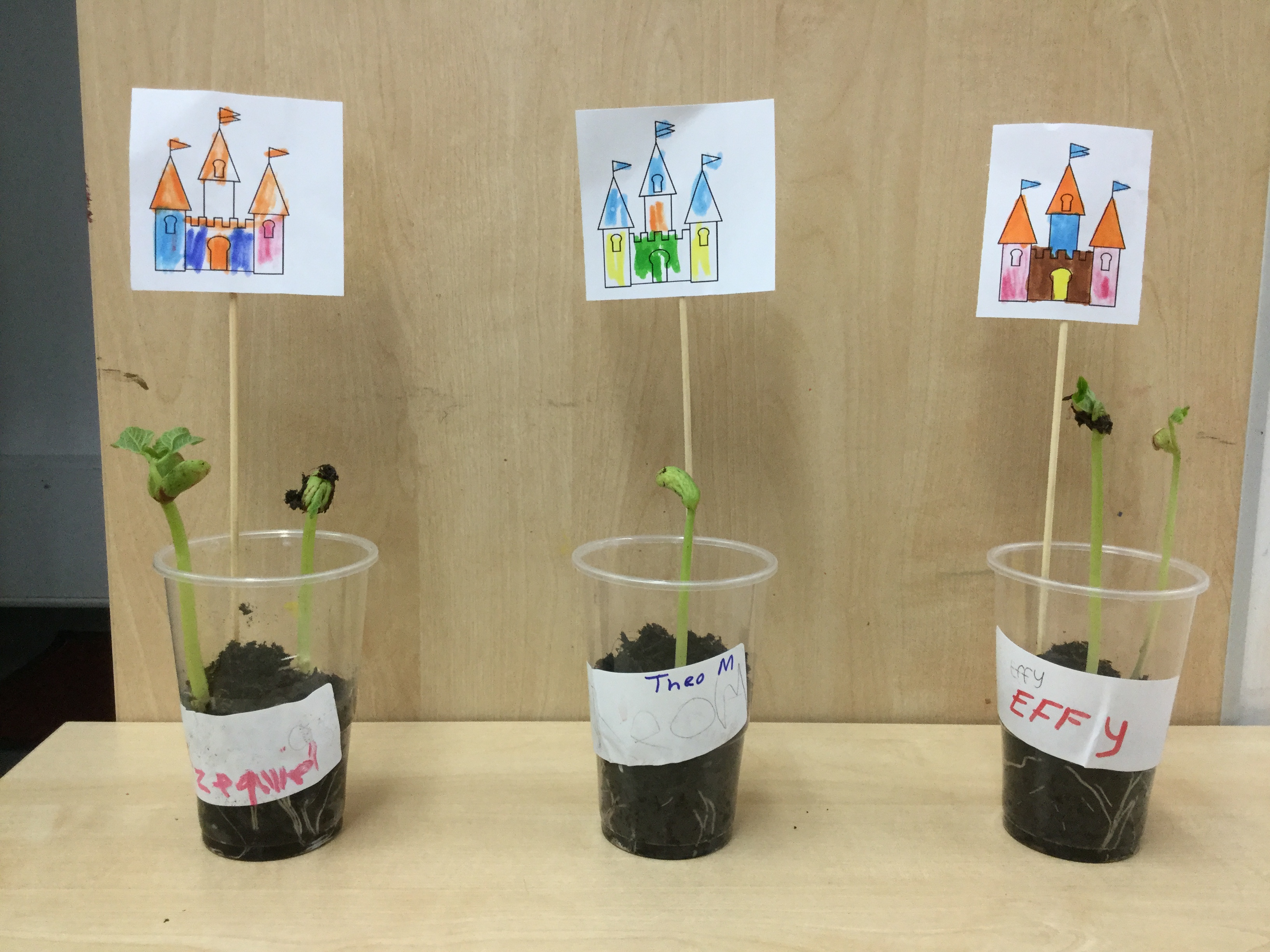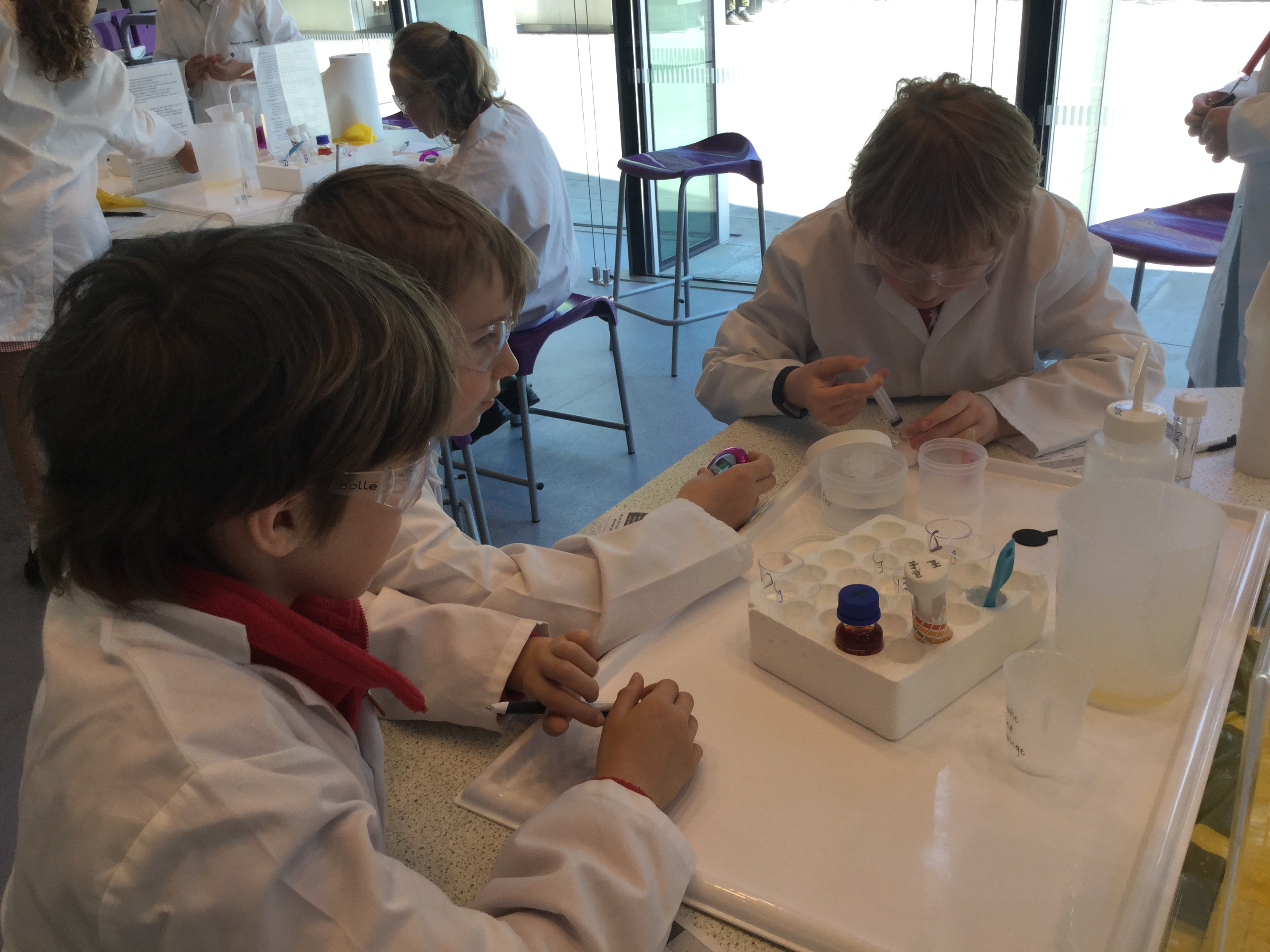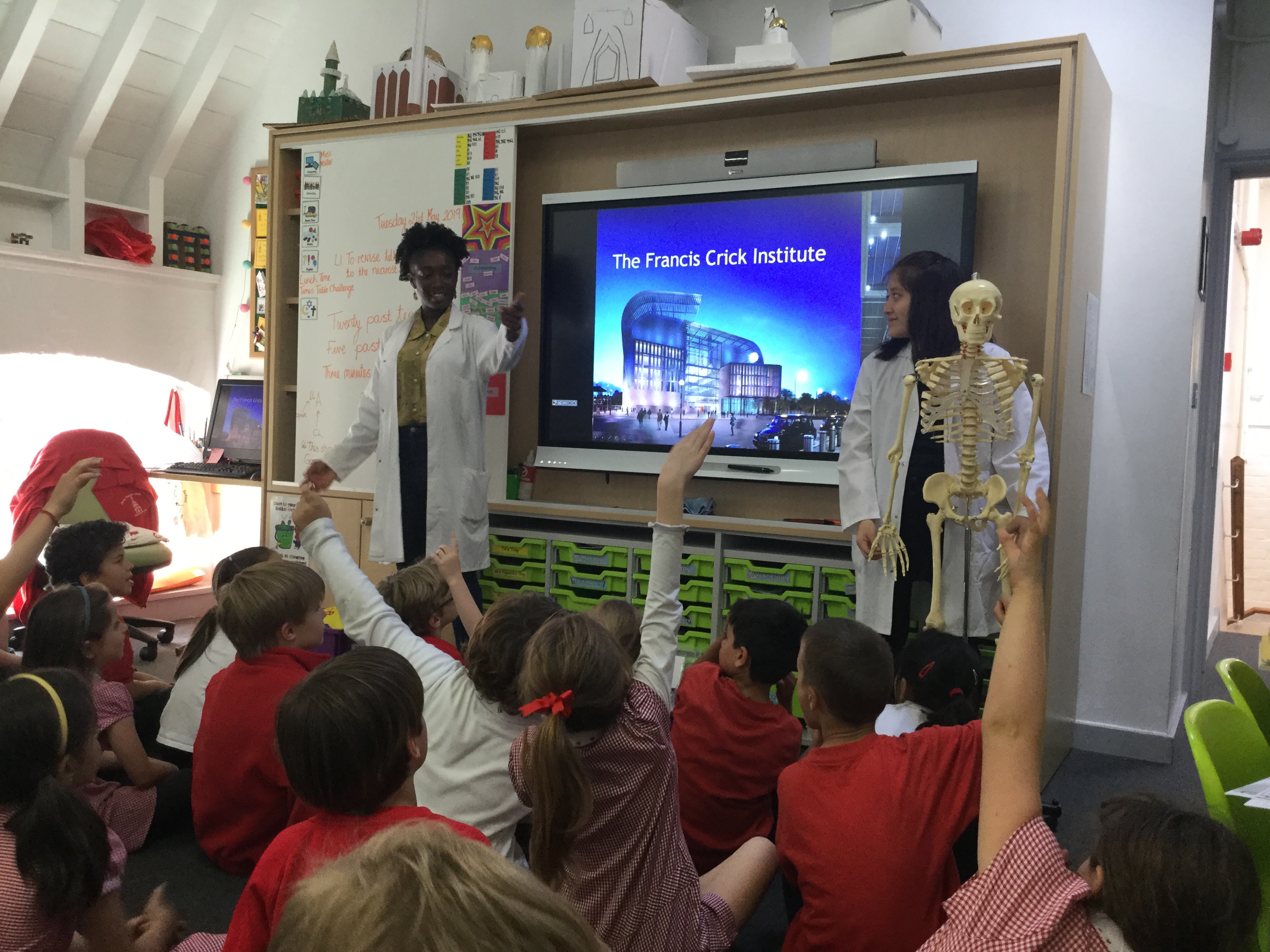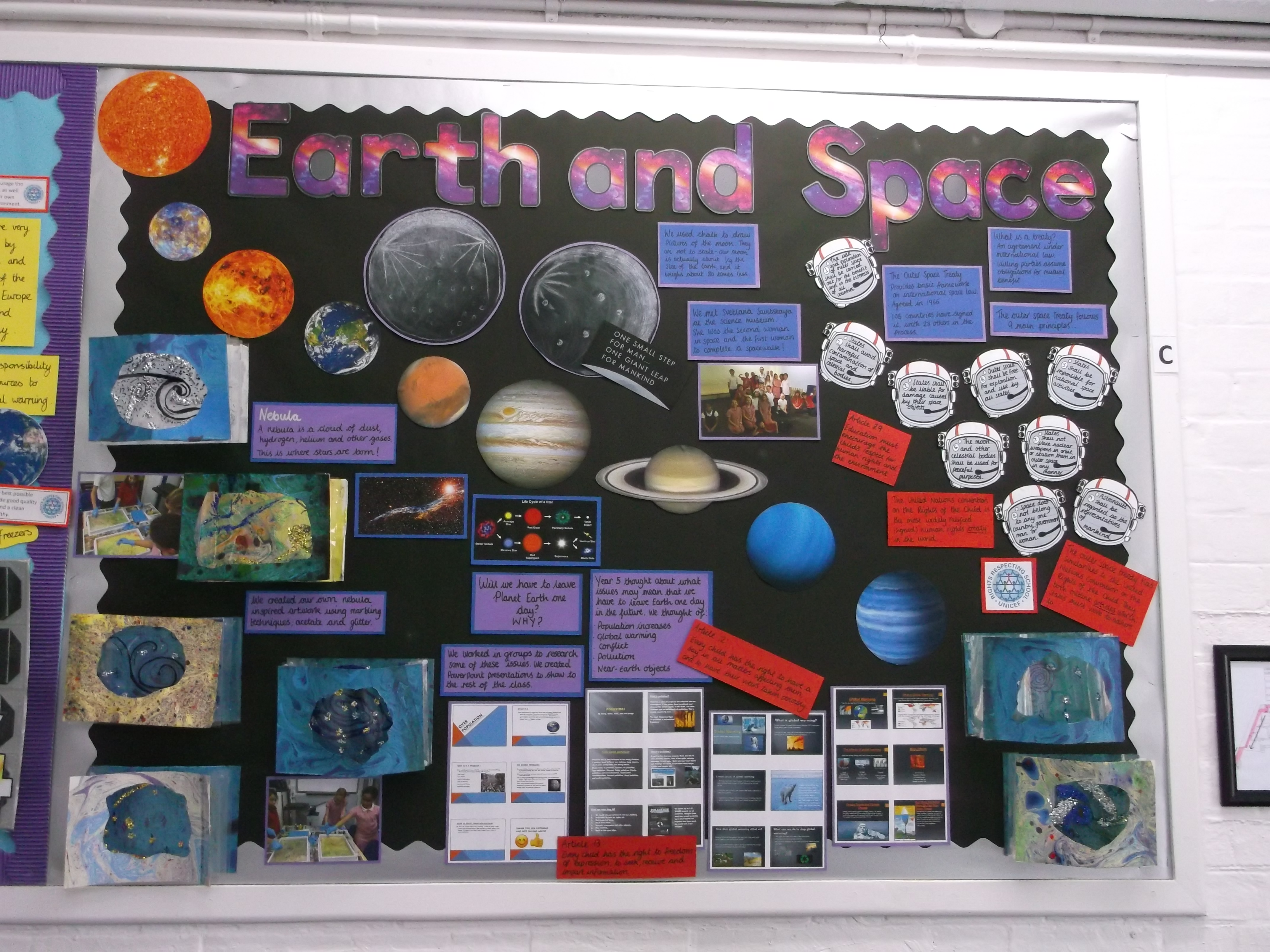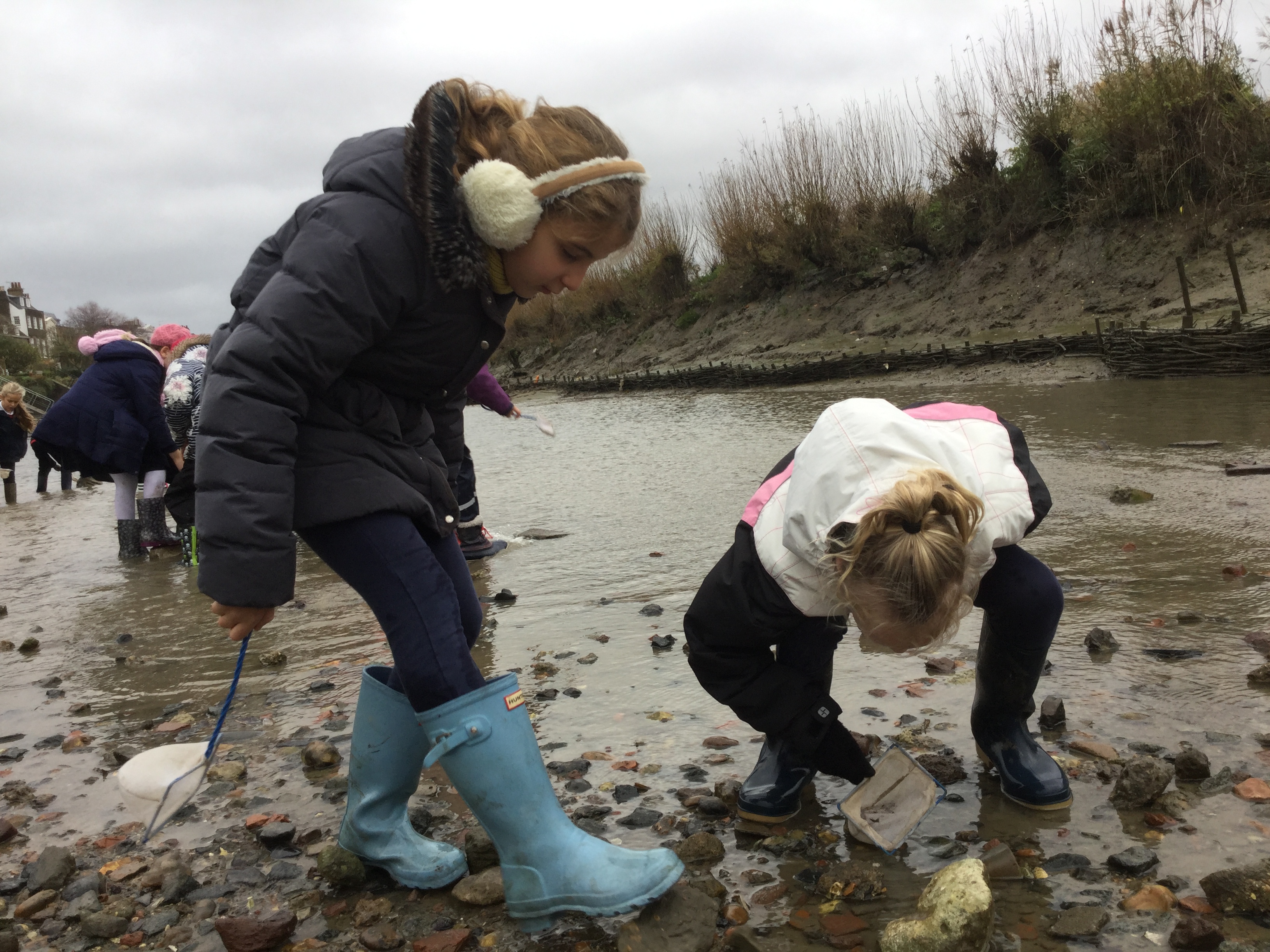
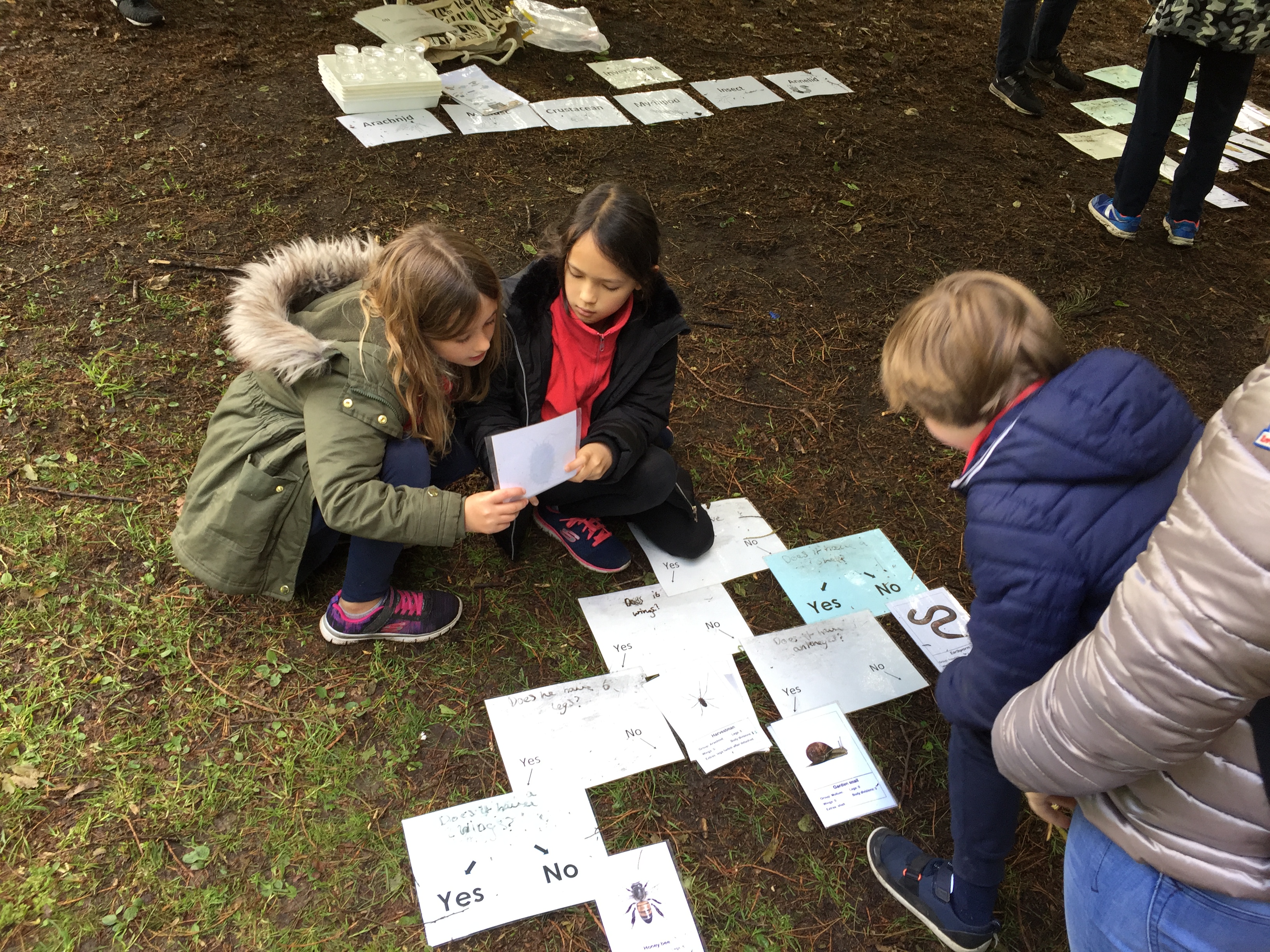
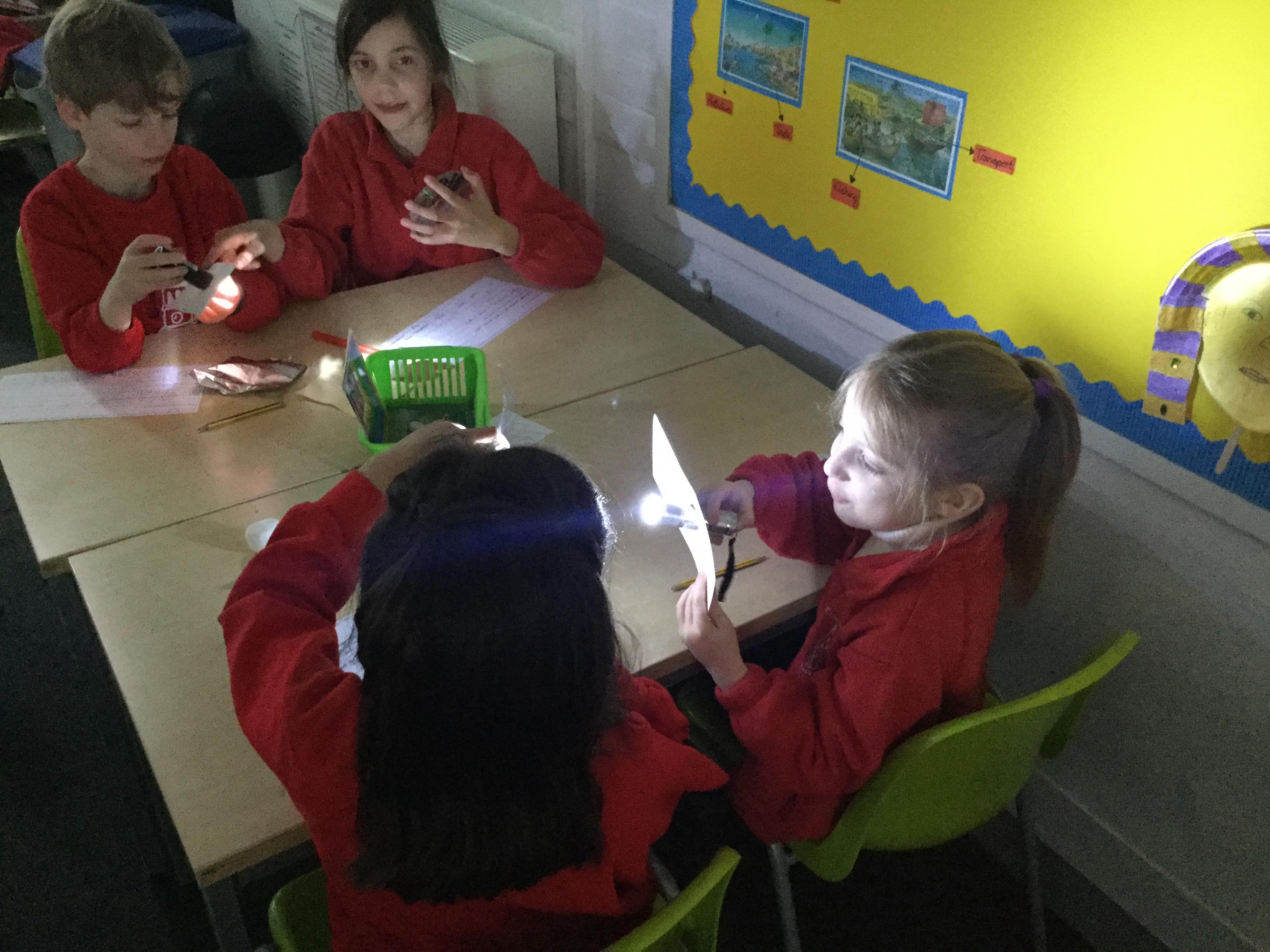
Science
Our Science teaching develops key investigative skills, through practical experiments, as well as teaching factual knowledge about the world around us in units of work covering biology, chemistry and physics, as set out in the National Curriculum and building on children’s learning about Knowledge and Understanding of the World in Reception. Where units of work are revisited in more than one year group, content, as well as investigative skills, have been carefully considered to ensure that learning builds sequentially from one year group to the next.
Science is taught with opportunities to use different types of enquiry which include: making observations over time; pattern seeking; identifying, classifying and grouping; comparative and fair testing; and research using secondary sources.
We have focused our Science teaching into the second half of each school year to enable more cross-school working and faster progression in scientific skills over this period, but investigative skills are maintained during the first half of the year with planned investigations in other curriculum areas, for example linked to Geographical field work.
Science teaching is enriched by trips to the Science Museum, Natural History Museum and Hampstead Heath Education Centre, as well as through annual investigative workshops led in school by staff from the Francis Crick Institute.
You can read our Autumn 2021 curriculum report for Science here.
You can read our Autumn 2022 curriculum report for Science here.
You can read our Autumn 2023 curriculum report for Science here.
Please click on the button to visit National Geographic Kids website linked to the science curriculum.
